Variability in Vagus Nerve Stimulation Programming Practices Identified
This study looked at how doctors who treat epilepsy program vagus nerve stimulators (VNS), a device used to help control seizures.
This hub covers epilepsy devices and neuromodulation like VNS, RNS, and DBS, which are treatments that can reduce seizures when meds aren’t enough. Plain-language research summaries plus real-life pros/cons.
Some are used more often in adults, but pediatric use depends on the device, the case, and specialist guidance.
Often gradually. Improvement can build over months as settings are optimized.
Sometimes medication can be reduced, but many people still use meds alongside a device.
Sometimes yes, with device-specific rules. Always check the exact device guidelines first.
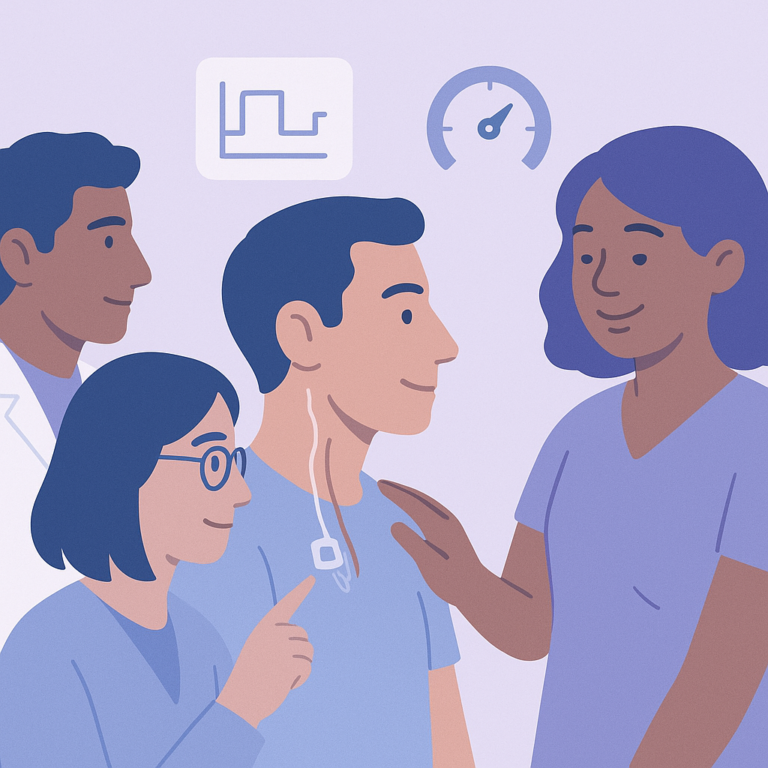
This study looked at how doctors who treat epilepsy program vagus nerve stimulators (VNS), a device used to help control seizures.
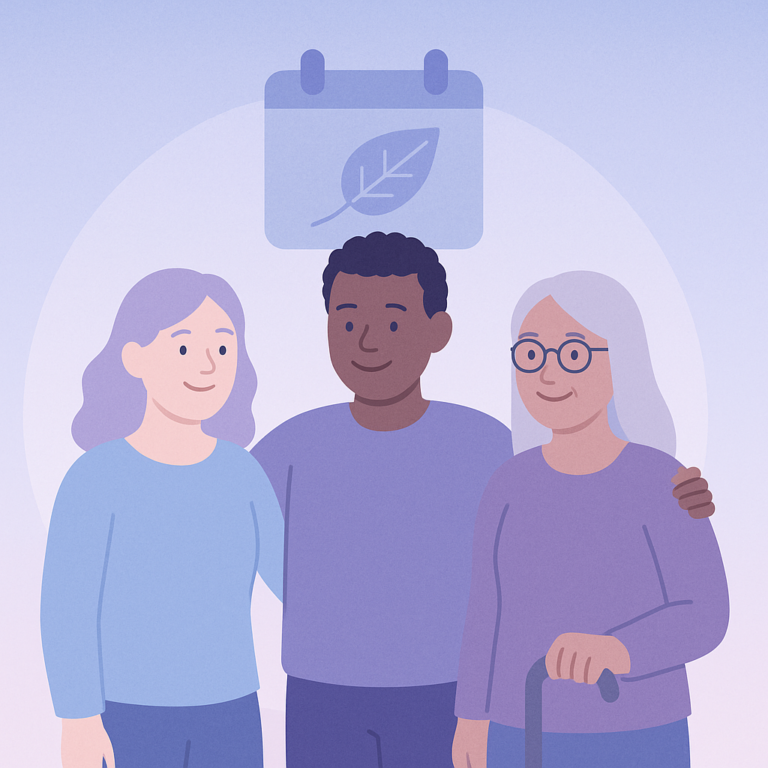
Researchers studied the impact of achieving one year of seizure freedom on the risk of premature death among people with epilepsy living in rural Henan, China.
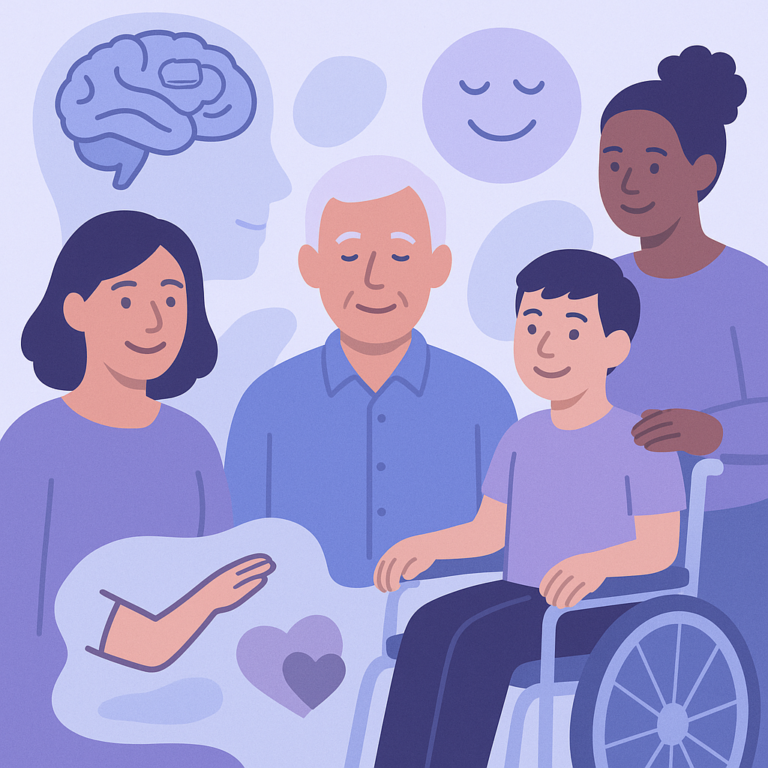
Researchers in Austria studied nine patients with a genetic condition called KMT2B-related disorders, which often leads to early-onset dystonia, a movement disorder.
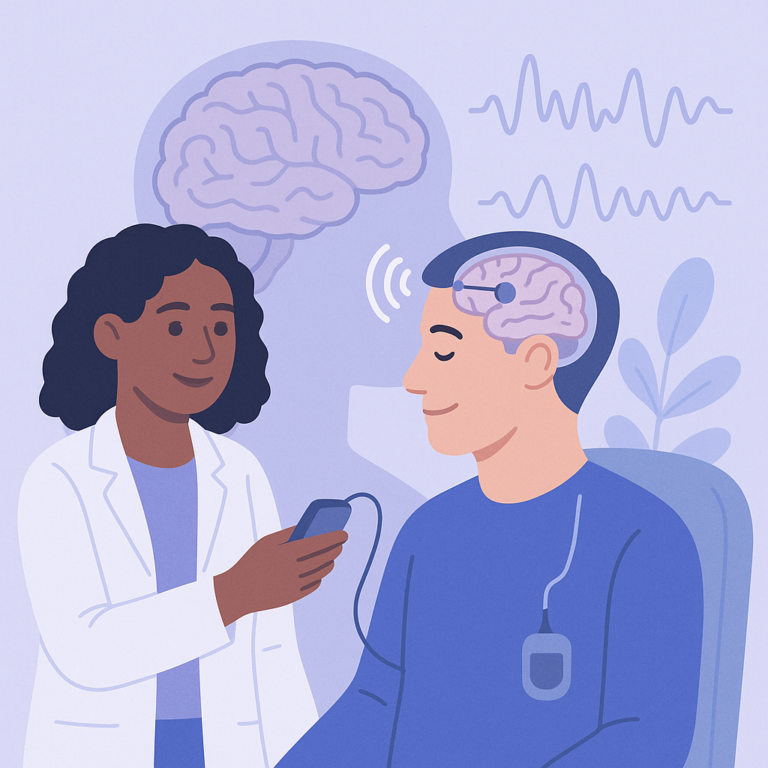
Researchers studied deep brain stimulation (DBS) as a treatment for people with epilepsy who do not respond to medication and cannot have surgery.
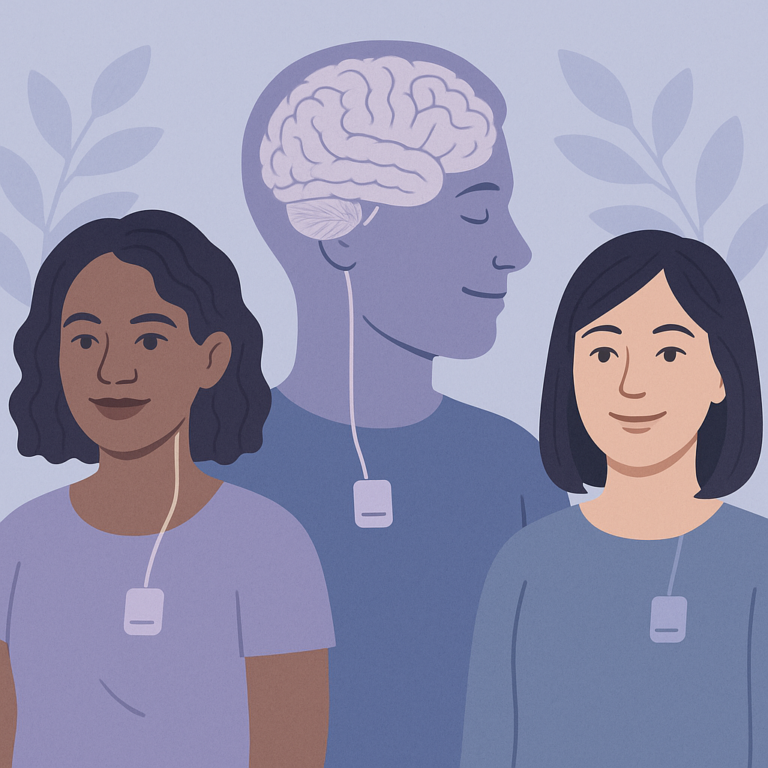
Researchers studied the effects of transcutaneous auricular vagus nerve stimulation (taVNS) on cognitive deficits in people with neuropsychiatric disorders, including epilepsy, depression, and headaches.

A recent study looked at how fasting during Ramadan affects seizure activity in adults with epilepsy.
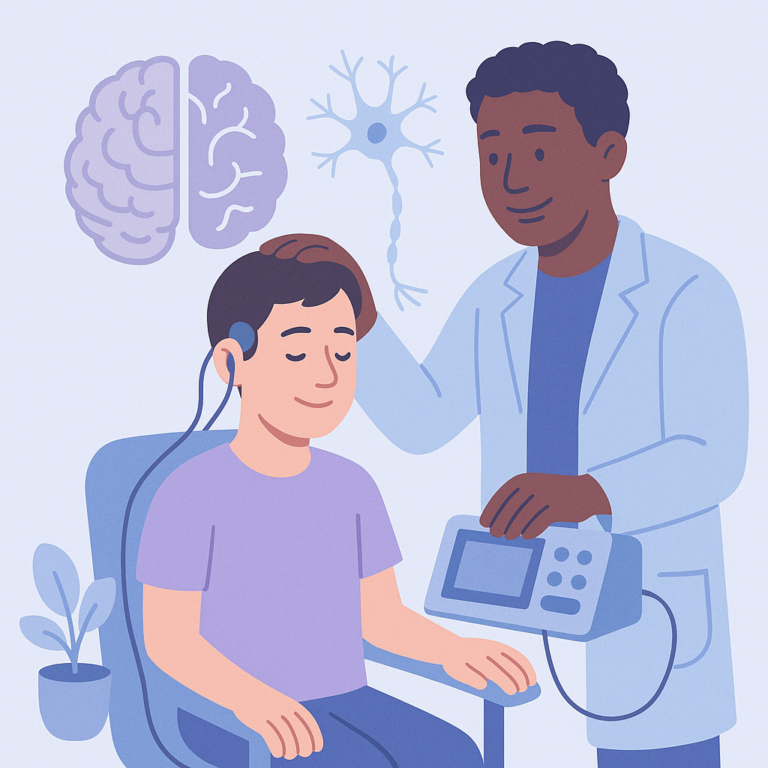
Researchers studied children with severe epilepsy who underwent a procedure called hemispherectomy, where one side of the brain is removed or disconnected to control seizures.
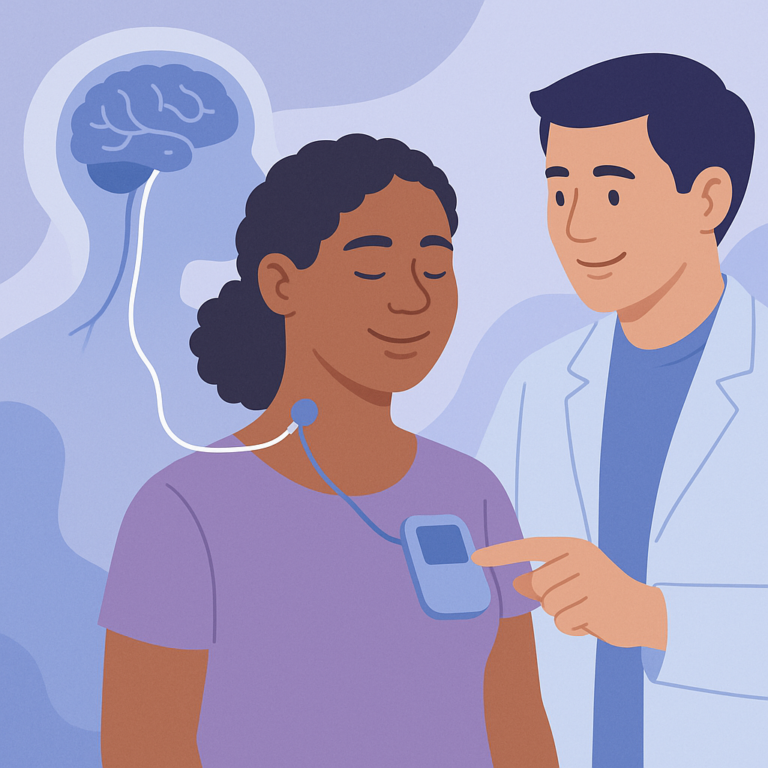
Researchers studied the use of right vagal nerve stimulation (R-VNS) as a treatment for epilepsy, focusing on patients who had not responded well to other therapies.
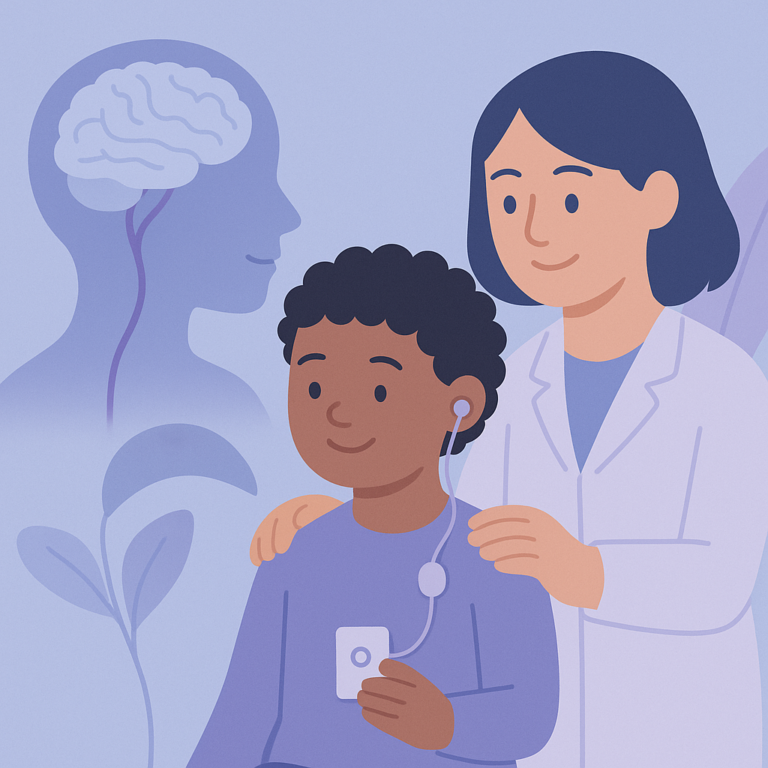
A study was conducted to look at how effective vagus nerve stimulation (VNS) is for treating children with hard-to-control epilepsy, specifically those who have myoclonic seizures.